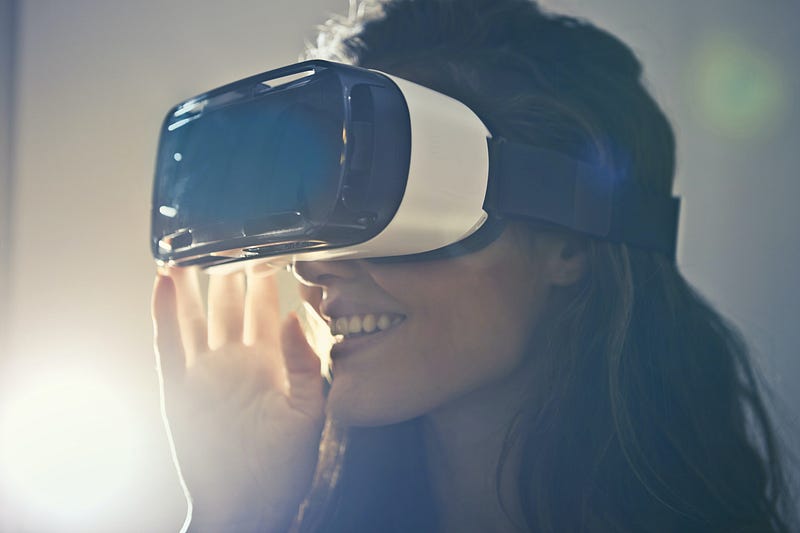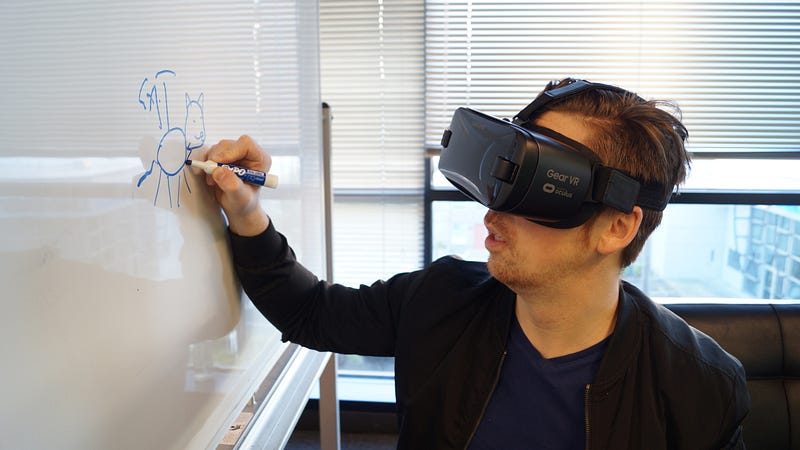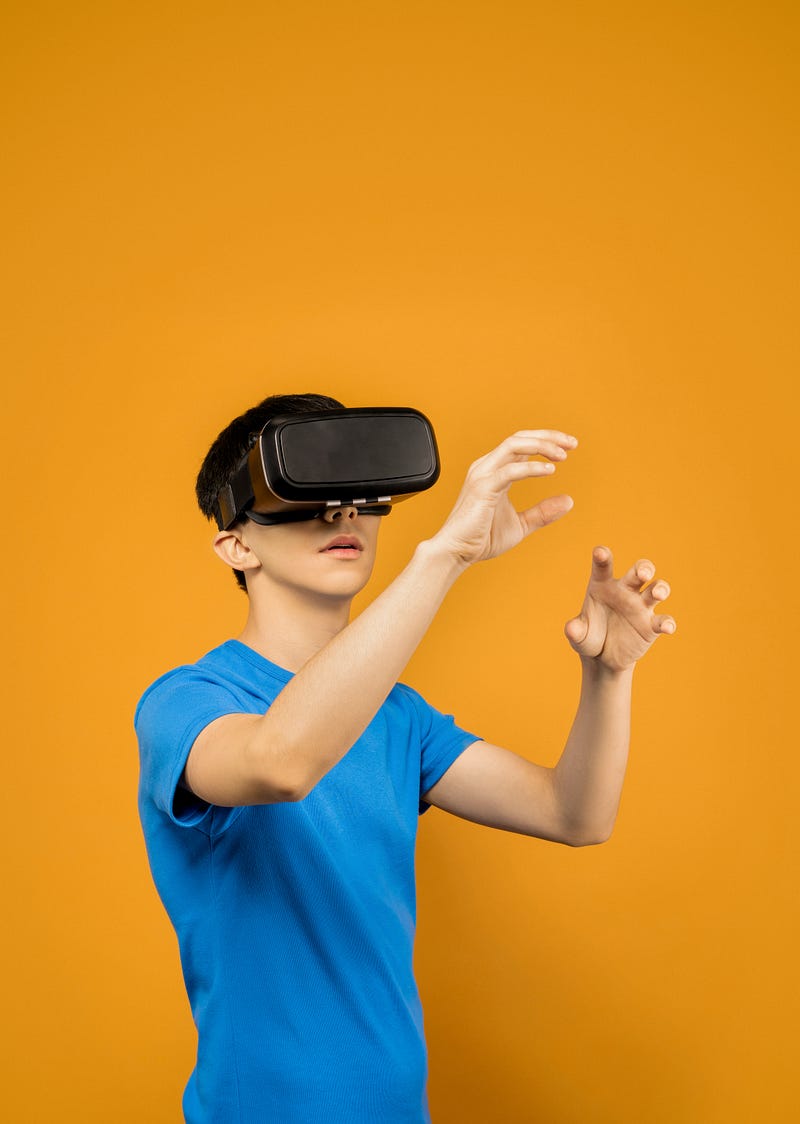The Transformative Potential of Virtual Reality in Our Lives
Written on
Chapter 1: Introduction to Virtual Reality
Virtual reality (VR) has long been a fascinating concept, often relegated to the realms of science fiction. However, we are now on the brink of a new era where VR is becoming increasingly integrated into everyday life. Numerous companies are pouring resources into the development of VR technologies, signaling a shift that could revolutionize our interactions with the world. While advocates view this as a natural technological evolution, skeptics raise concerns about potential addiction issues and the misuse of VR in military contexts.
The potential effects of virtual reality on youth are staggering. Traditional education systems may soon be supplanted by virtual classrooms where learning is transformed. Subjects will be taught through immersive simulations, allowing students to engage with history by experiencing significant events firsthand.

Chapter 2: The Role of VR in Education
As VR technology matures and becomes more cost-effective, it is anticipated that VR systems will become as ubiquitous in homes as televisions are today. Unlike traditional television, which promotes passive consumption of content, VR offers a participatory experience where users can interact with their surroundings. This hands-on approach paves the way for innovative educational opportunities.
Students could explore complex scientific concepts by virtually dissecting animals, history classes could transport learners to ancient civilizations, language studies could immerse students in foreign cultures, and math classes could facilitate calculations in a dynamic environment.

Chapter 3: Virtual Reality in the Gaming Sector
One of the most thrilling aspects of VR is its current application within the gaming industry. This technology opens up limitless possibilities for crafting immersive gaming experiences, and many developers are harnessing it to create extraordinary adventures.
New gaming genres have emerged, some specifically designed for VR, while others have adapted traditional formats to incorporate VR capabilities. A notable example is "Resident Evil 7," which showcases how VR can transform storytelling through gameplay, offering developers unprecedented avenues for creativity.
Chapter 4: Broader Implications for Various Industries
Beyond gaming, numerous sectors are leveraging virtual reality for training and assessment purposes. In healthcare and military training, VR enables students to practice anatomy and procedural skills without the ethical dilemmas of working with live subjects.
In construction and architecture, VR aids in the design process by allowing stakeholders to visualize projects before physical construction begins, saving time and resources during the planning phase.

Chapter 5: Looking Ahead: The Future of VR
The outlook for virtual reality is promising, with many indicators pointing towards a transformative impact on society. As we adapt to these advancements, the pace of change remains uncertain, but it is clear that our experiences will be radically different from what they are today.
Our cognitive patterns may also shift as we engage with technology in innovative ways, prompting us to speculate on how our thought processes will evolve. The future of VR may facilitate global connections through shared experiences or enable individuals to explore the world without leaving their homes. Indeed, we are living in an exciting era of technological potential!
This video, "The Future Tech Of Virtual Reality," explores how VR is set to revolutionize various aspects of our lives and its potential future applications.
In this enlightening video, "Virtual Reality Uncovered: Discover How VR is Shaping Our World & Future!," viewers will learn about the transformative role of VR across different sectors and its implications for society.